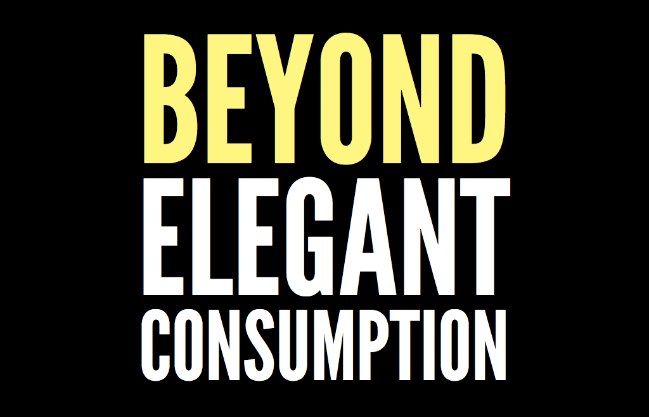Commodification, consumerism and the new ‘Retina’ MacBook Pro.
Kyle Wiens from Wired magazine on The New MacBook Pro: Unfixable, Unhackable, Untenable:
We have consistently voted for hardware that’s thinner rather than upgradeable. But we have to draw a line in the sand somewhere. Our purchasing decisions are telling Apple that we’re happy to buy computers and watch them die on schedule. When we choose a short-lived laptop over a more robust model that’s a quarter of an inch thicker, what does that say about our values?
Every time we buy a locked down product containing a non-replaceable battery with a finite cycle count, we’re voicing our opinion on how long our things should last. But is it an informed decision? When you buy something, how often do you really step back and ask how long it should last? If we want long-lasting products that retain their value, we have to support products that do so.
Today, we choose. If we choose the Retina display over the existing MacBook Pro, the next generation of Mac laptops will likely be less repairable still. When that happens, we won’t be able to blame Apple. We’ll have to blame ourselves.
This is less about Apple and hardware and more about a consumerist, short-term attitude that over-privileges form over function. And, of course, this applies to the Open Web too.
We need less commodification, not more.


